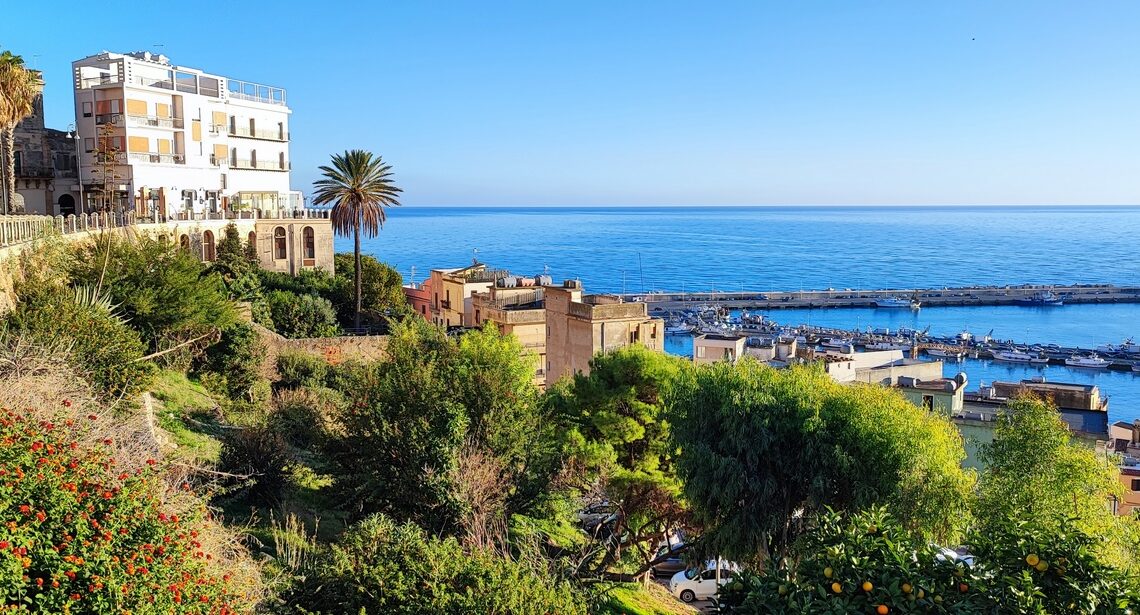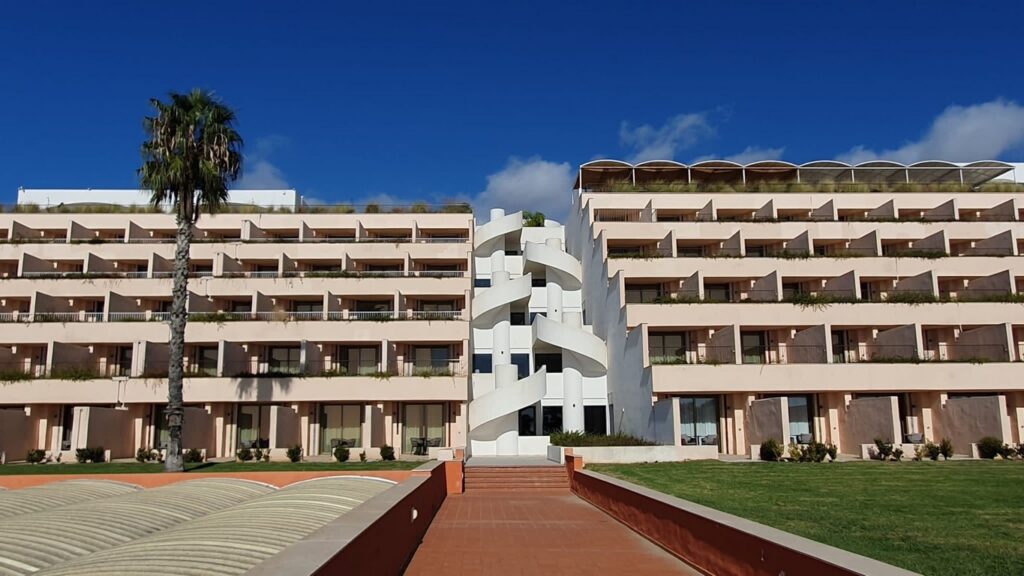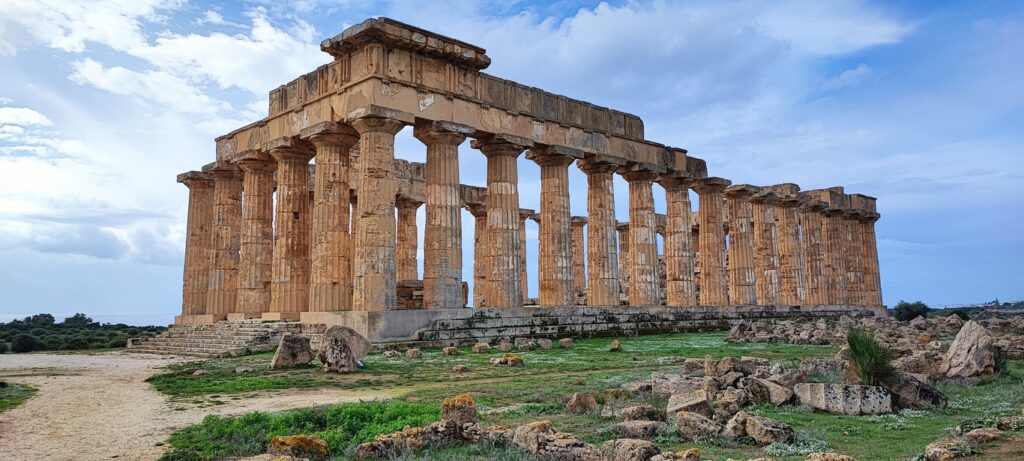
The annual convention of the Centre d'études des indépendants du voyage (CEDIV) (Independent Travel Agencies Study Center) has just been held in Sicily, with the main theme being : "working better, earning better". Two levers for improving performance have been developed: corporate social responsibility (CSR) and artificial intelligence (AI).
Hosted by the Mangia family, owners of the Torre del Barone resort (1) in Sciacca on the south-west coast of the island, where the event was held, the 170 or so participants (travel agents, partners and tourism journalists) spent 4 days working on the major changes that will have an impact on the profession. "Evolve and adapt and "Draw inspiration from best practice in other sectors" to succeed in this "turn towards the new world", were the recommendations made by Adriana Minchella, President of Cediv, to her network in her opening address to the General Assembly "to look to tlhe future" and make the necessary changes. "Let's validate the necessary steps to be completed in 2026 and 2028 for a successful landing in 2030", she declared. And she recalled the words of Albert Camus: "True generosity towards the future consists in giving everything to the present.
Acting today to better prepare for tomorrow
This is indeed the challenge facing travel companies. Responsibility for this lies with each and every one of them, whether on the subjects of CSR or generative AI, a technological breakthrough often compared to that produced by the advent of the consumer Internet, which will rapidly transform the profession in its approach to customers. With ChatGPT now reaching 100 million users a week, how are tourism professionals going to integrate it? 63 % of American travellers are already using AI to prepare their holidays, while in France the figure is only 11 %, according to a recent survey by the Boston Consulting Group. Olivier Roche, Director France- FCB.ai (http://fcb.ai) - a conversational ecosystem based on AI - explained at its conference that Transavia, Booking and SNCF are already using it. All that remains is for travel agents to make the tool their own in order to refine and personalise their customer relations and respond as effectively as possible to demand (tailor-made services, tailored advice, for example) by creating empathy and closeness, the keys to building loyalty. Not forgetting the benefits of automating certain tasks (booking flights, selecting accommodation, etc.), which will save production time. Or the implementation of more effective communication strategies designed to create value (customer targeting, innovations in products and services that will have to take account of climate change, etc.). "Not to use it would be to take yourself out of the game", says Adriana Minchella.
The CSR approach at the heart of our concerns
As for CSR, Cediv has already embarked on this path, which goes far beyond the notions of carbon footprint and dematerialisation to tackle the entire tourism ecosystem. In this respect, Rachel Loison (CSR Manager at Best Western) and Jérôme Andriot (CSR Manager at The Originals Hotels) detailed the actions they were implementing within their organisations to promote their employer brand among their staff, customers and business partners, and to develop a sustainable model and practices that respect the viability of tourism. Like all human activities, this sector needs to be rethought to meet the environmental challenge we face.
As far as agency customers are concerned, there is indeed an awareness of the need for sustainable, more virtuous tourism, but in practice, we can see the beginnings of change (26 % of customers are concerned according to the survey conducted by the network). Cediv, through its President Adriana Minchella, confides that it is going to "Think about an approach to raise customer awareness of eco-responsibility and sustainable tourism in order to meet the challenges of tomorrow" by surrounding herself with the necessary skills. In her inaugural speech, Adriana stressed that "Travel helps to raise awareness of poverty and the ecological challenges facing the planet, [...] and can be at the root of the development of a social and environmental conscience. It is by opening up to others, to other experiences and other cultures, that we can change our perception of the world". CSR is not a communication trick. It will set the pace for agencies to accelerate their transformation.
What are travellers' behaviours and expectations?
The health crisis has changed travel habits, and certain expectations are emerging, as shown by the survey Cediv carried out among 150 members of the network. Firstly, booking times are shorter and 67 % of customers say they are changing their holiday plans for budgetary reasons. Fear of the future is a concern for 36 % and armed conflict for 33 %. However, travel has become a necessity and travellers do not arbitrate when it comes to their holidays.
Is the notion of price a determining factor? Strangely enough, no! The answer may seem surprising in these inflationary times. In fact, 61 % of customers accept price increases, even though 44 % intend to reduce their spending in the future. Today's customers need to be reassured, safe and supported by professionals. As a result, they prefer to choose reference brands.
The most popular medium-haul destinations are, in order, Spain (including the Canaries), "in strong growth", then Greece and Italy, including Sicily, which has "A number of attractive hotel facilities, which should boost demand", says Adriana. In long-haul, the Dominican Republic, Mauritius and Thailand are in first place, tied with Martinique.
Emerging demands include self-tours for 59 % of cases and tailor-made trips for 32 % of them. 65 % of customers expect a personalised programme. The emerging trend shows an increased demand for services: 24/7 assistance, concierge services, help with travel formalities. However, this involves investment and has a cost for the customer.
Cediv in figures

Created in 2002, CEDIV is an economic interest grouping of independent travel agencies of all sizes and specialities, located throughout mainland France and overseas.
The network currently has 230 member outlets. It will be expanded by a further thirty or so branches next year.
By 2023, the network will have generated €100 million in ticket sales and the same amount in tourist sales.
Over the first three quarters of the year, Cediv exceeded its 2019 sales volume by more than 37%. https://cediv.travel/
1 - https://mangias.com/fr/resort/torre-del-barone-sicily/
Text : Brigitte Postel
Photos : Brigitte Postel and DR





